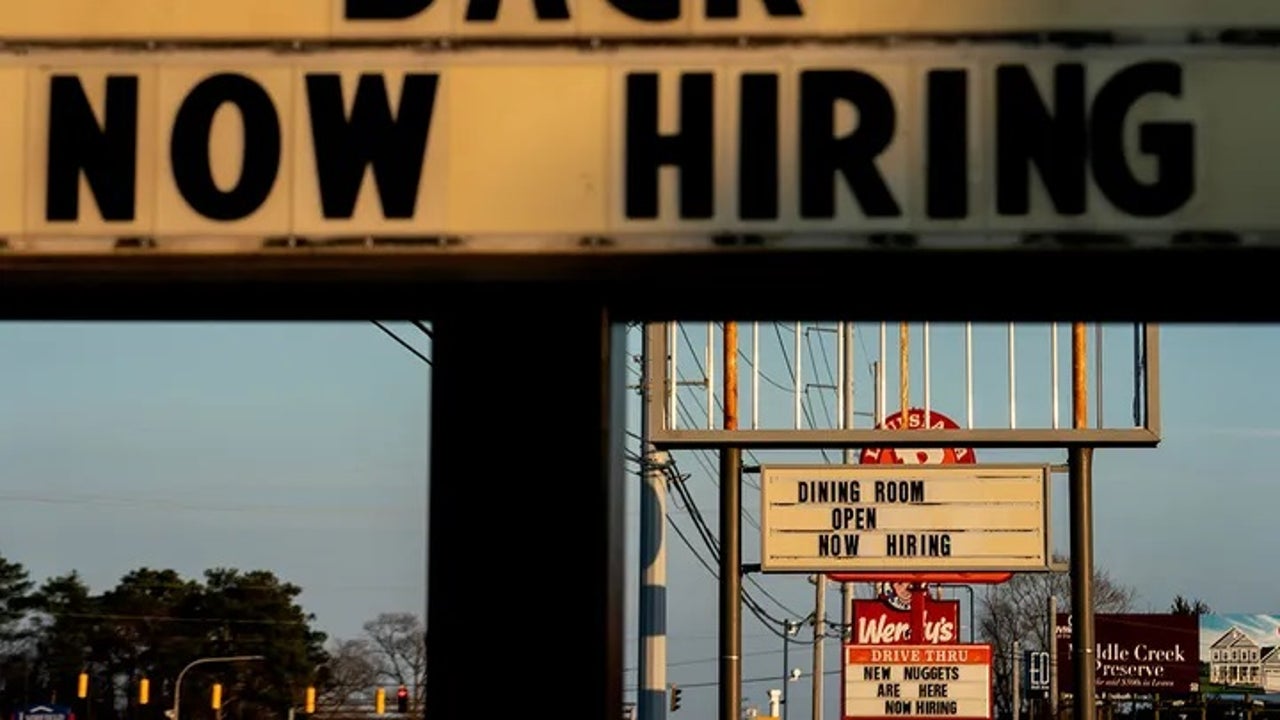The impending minimum wage increase in Seattle has inflicted businesses, such as restaurants, with a bitter dilemma as they must decide between higher prices, fewer staff or reduced operating hours. The new wage regulation, entering into effect come the new year, is not a source of fear as much as it is a certainty that small business owners must prepare for.
Seattle holds the reigns for one of the highest minimum wages across the United States. Despite representatives from the City of Seattle praising the wage hike as beneficial for workers and the economy, small business owners have expressed concerns that this regulation may stifle rather than stimulate hospitality businesses.
Among the worried is Charlie Anthe, Co-owner of Moshi Moshi Sushi and Izakaya in Ballard, and also the chair of the Seattle Restaurant Alliance. He believes that, should his business maintain its current state, the yearly increase in wages for his employees would sum up to $50,000, a sum that he couldn’t possibly absorb. Anthe expressed with conviction that the impact of this regulation would be detrimental for restaurant owners.
Beginning from January 1, businesses of all sizes will be mandated to pay their employees a minimum of $20.76 per hour. This signifies an increase from the current minimum wage of $19.97. For small business owners like Anthe, this translates to a more than $3 hike in the minimum wage due to the expiration of a tip credit.
Presently, businesses that do not offer medical benefits or businesses whose employees earn at least $2.72 in tips per hour are allowed a tip credit – a policy that lowers their current minimum wage to $17.25 cents per hour. However, this tip credit is to expire by the end of the year.
Anthe, along with other small business entrepreneurs, are distressed with the unplanned consequences of COVID-19 and its inflationary impact on the minimum wage, which was slated to increase by 60-70 cents this year but has resulted in a $3.50 hike instead. These small businesses fear they are ill-prepared to bear the sudden burden of higher wages.
Mayor Bruce Harrell’s office acknowledged this concern in a statement, promising to address pressures on small restaurants, from public safety to inflation, insurance, and other existing cost pressures. Consequently, continued conversations with small businesses are planned in order to conceive practical ways to make Seattle more affordable.
However, Anthe emphasized that the impact won’t merely be severe for owners, but disappointing for customers too. In a recent survey by the Seattle Restaurant Alliance of more than 100 Seattle restaurant and bar owners, it was found that 80% planned to cut hours or shifts, 70% intended to raise menu prices, and 50-60% expected to cut back on their operating hours.
These findings are mirrored in the online sphere, where discussions about the tipping system and the wage hike have circulated with the majority resolving to tipping less, if at all, due to the wage increase.
Meanwhile, at the Shikorina Bakeshop and Café, owner Hanay Ohannes scrapped the tipping system. She instead hiked her menu prices to afford her employees a $25 hourly wage. Ohannes believes that it is crucial for her staff to earn a living wage without relying on tips.




